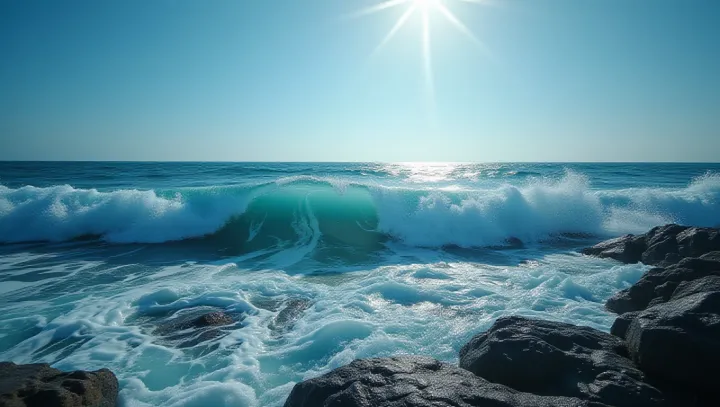Guardians of the Blue: An Oceanic Imperative

In a world increasingly conscious of environmental challenges, the critical importance of protecting the world's oceans is gaining unprecedented attention. The oceans play a fundamental role in regulating the Earth's climate, making them indispensable to life itself. The scenic coastlines of Sydney to the bustling shores of New York remind us that healthy oceans are at the heart of robust ecosystems.
Reports from renowned marine scientists, including Dr. Emily Waters from the Oceanic Conservation Institute, provide a stark warning: unchecked human activities are leading to severe ocean degradation. Climate change, plastic pollution, and overfishing are just a few of the threats destabilizing marine habitats.
Dr. Waters emphasizes that 'our actions over the next decade will determine the longevity of our oceans, and therefore, our planet's health.' Protecting the oceans is not merely an environmental issue; it is integral to socio-economic stability. Oceans are a major source of food and livelihoods for millions globally.
They produce over half of the world's oxygen and absorb carbon dioxide, a crucial process in mitigating climate change. As international discourse intensifies, collaborative efforts such as the United Nations' Sustainable Development Goal 14, aiming to conserve and sustainably use the oceans, are crucial. While challenges persist, optimistic strides are being made.
Initiatives promoting sustainable fishing, marine protected areas, and technology-driven waste management offer hope. The call to action for governments, corporations, and individuals is clear: safeguarding the oceans requires comprehensive strategies and undivided commitment. As we navigate these pivotal waters, the narrative of conservation continues to shape our interactions with the planet, linking the fate of oceans directly with our shared future.
